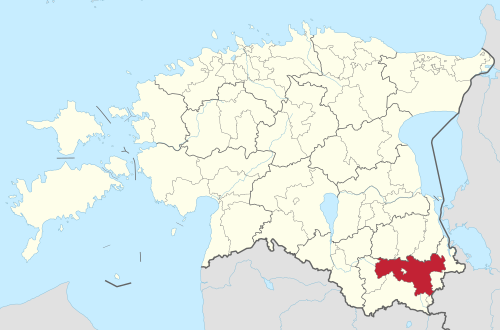Sustainability is a global trend that affects all areas of life. The 2030 global agenda for sustainable development and, at local level, the national long-term strategy “Estonia 2035” provide a broad direction. The tourism sector is inevitably affected by the sustainability trend. According to the definition of the World Tourism Organisation (UNWTO), sustainable tourism ‘takes full account of its current and future economic, social and environmental impacts, addressing the needs of visitors, the industry, the environment and host communities’ (UNWTO 2023).
To identify the current state of sustainability of the Estonian tourism sector, we conducted a survey of more than 550 tourism service providers commissioned by the Joint Organisation of KredEx and Enterprise Estonia and the Ministry of Economic Affairs and Communications. The survey looked at global trends, developments and regulations in tourism sector, and best practices in sustainable tourism in five foreign countries: Finland, Sweden, Slovenia, Switzerland and New Zealand. It also looked at Estonian tourism service providers’ understanding of sustainable tourism, their willingness and capacity to implement sustainability principles, and their support needs in the transition to more sustainable practices.
The survey found that there is no common understanding of sustainable tourism among tourism service providers, i.e. the sector has not set concrete goals and consequent steps to move towards more sustainable practices. Therefore, they are also cautious about using sustainable activities in advertising and communications. Tourism service providers are also less aware of the social and economic dimensions of sustainability (and more of the environmental dimension). However, many steps are already being taken in the right direction, mostly for resource efficiency, but also to involve local communities and preserve cultural heritage. Awareness of sustainable principles is higher among larger tourism service providers and those involved in international cooperation, as well as among nature tourism businesses. There is also a general awareness among operators in the sector that the implementation of sustainable principles creates a competitive advantage and improves the country’s image as a tourism destination. However, the question is how to move towards more sustainable practices.
Based on the current situation of sustainability in the Estonian tourism sector and best practices in other countries, we have drawn up recommendations for the development of Estonian tourism policy and an action plan for tourism service providers to move towards sustainable tourism.
The study was conducted with the assistance of Sustinere OÜ and Norstat Eesti AS.
The report and the results of the survey can be found on the Visit Estonia website: Turismisektori kestlikkuse uuringu tulemused | Puhka Eestis and the Executive Summary in English: 4045573_sustainable-tourism-survey-executive-summary.pdf (visitestonia.com)




